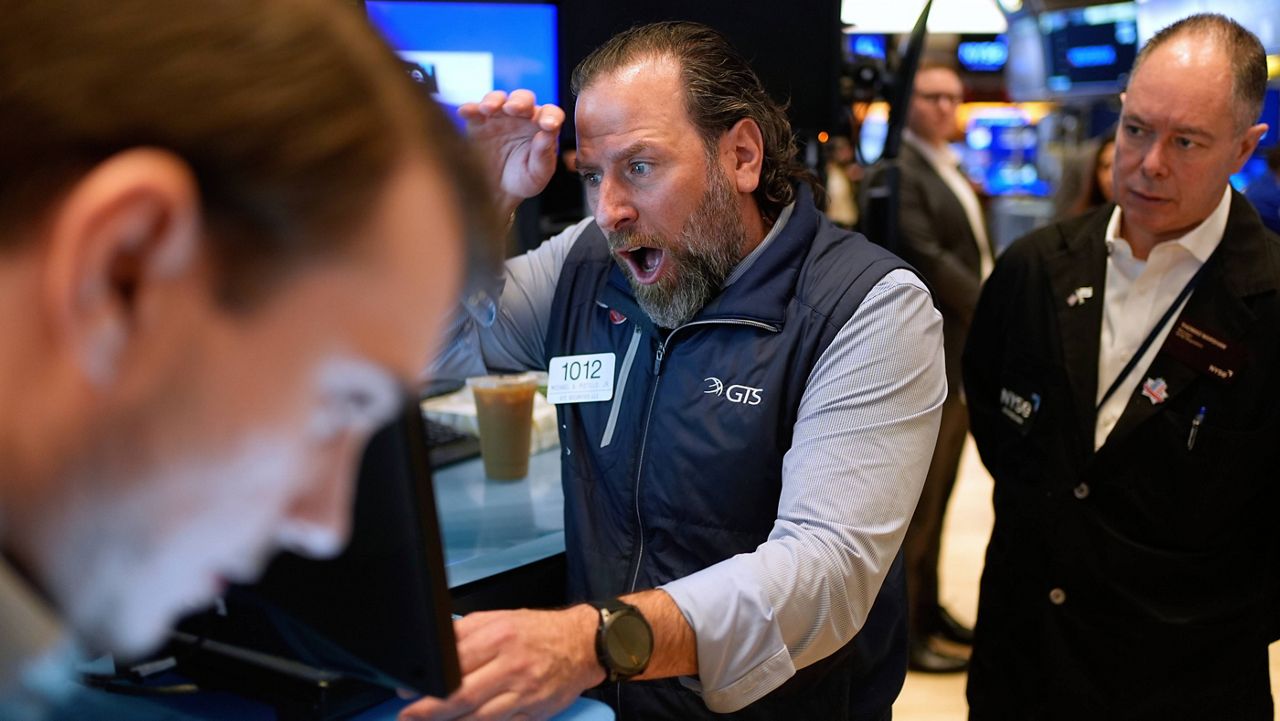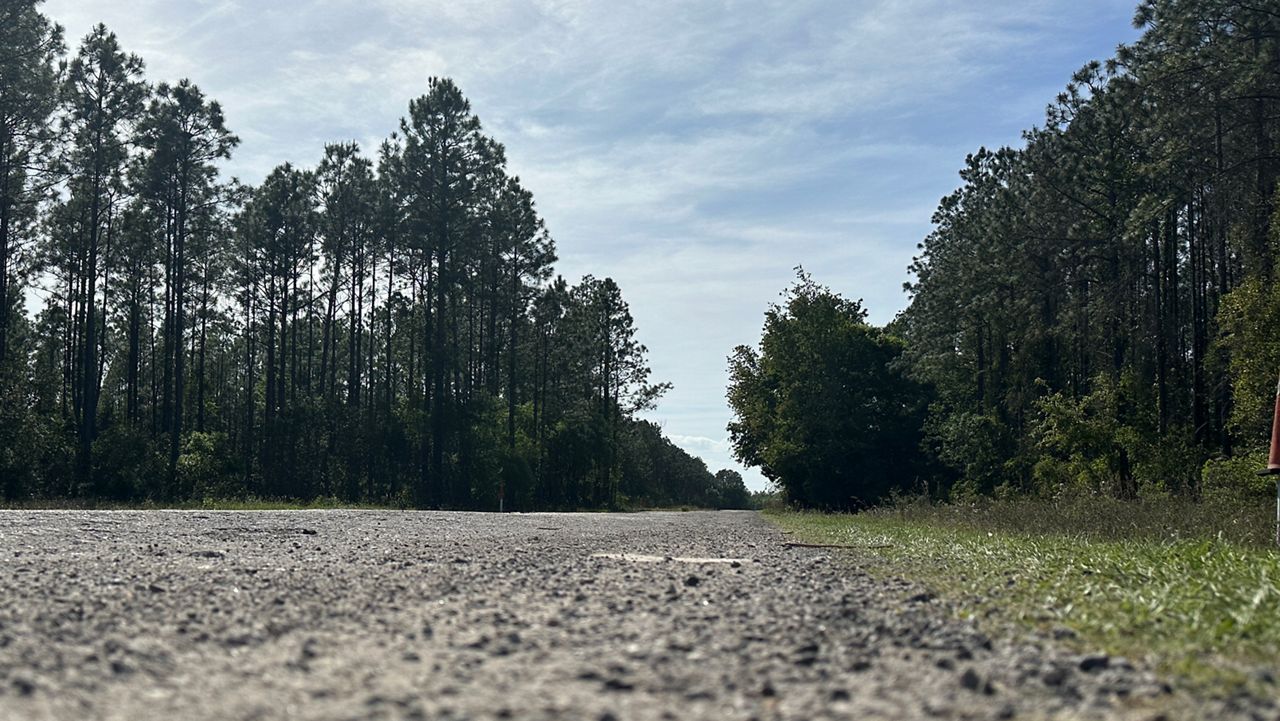MELBOURNE, Fla. — The city of Melbourne is looking for volunteers to help them protect the struggling Indian River Lagoon.
What You Need To Know
- The city of Melbourne is looking for volunteers to help the Indian River Lagoon
- Volunteers are needed to place stickers on storm drains that drain into the lagoon
- The stickers remind people to think about what they dump in the drains
They are hoping a simple reminder will make people think twice about what goes down storm drains.
Lisa Good is a regulatory compliance coordinator in the Melbourne Engineering Department. She is taking a proactive approach to looking out for the lagoon.
“It’s a simple way to remind people not to put anything down the storm drain,” Good said.
Stickers on the drains act as a reminder that what goes down the drains feeds directly into the lagoon.
“Every little green dot is where a drain is, so this is along Eber Boulevard, so if we were doing this with a volunteer we would go to the area and walk the street and mark the drains,” she said.
The lagoon is suffering from more than a half century of neglect. As the Brevard County population increases, so does the pollution.
Increased development contributes to fertilizer runoff, and wastewater discharges have resulted in the buildup of a black tar like muck made up of nitrogen and phosphorus that settles on the bottom of the waterway.
Algae blooms form and suck up the oxygen, killing of marine life like dolphins, manatees and sea turtles.
“The water carries everything to the local drains, water flows downhill, all the materials will flow with it, so if something is within ten feet of it, it will flow with the water,” Good said.
Volunteers have placed the stickers on more than 2,000 drains in the city through the Dump No Waste, Drains to Lagoon program so far.
But hundreds more need marking, or current markers need replacing. Volunteers are needed in order to reach the goal of placing stickers on every drain.
Good’s aim is to recruit volunteers and educate about the lagoon’s value along the way.
“It’s our economy, and it’s our environment, so if you want to preserve one, you have to preserve the other,” she says.
To volunteer for the sticker program, call or text (321)-608-7341.











